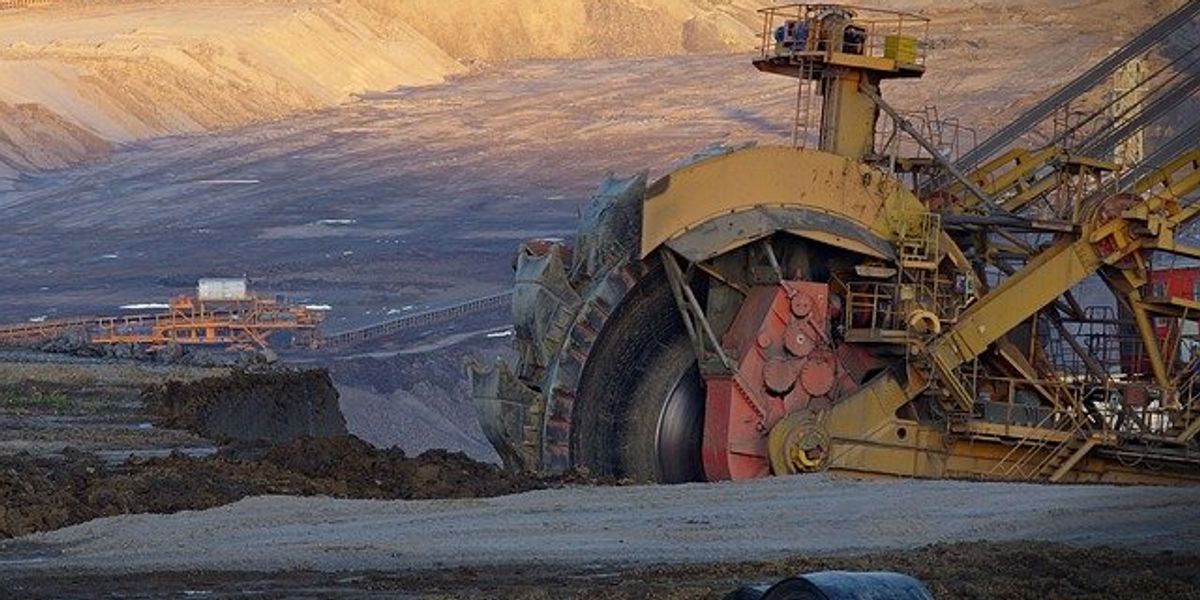glacial melting
Scientists rush to save historical data locked in melting glaciers
As glaciers worldwide melt, scientists are scrambling to retrieve vital ice cores that hold historical climate records before they are lost forever.
In short:
- Researchers are urgently retrieving ice cores from glaciers worldwide, as warming temperatures melt and corrupt these historical climate records.
- The Ice Memory Foundation aims to store ice cores in Antarctica to protect them from further damage.
- The Foundation's goal is to get cores from 20 glaciers around the world in the next 20 years and lock them away in an ice cave in the Antarctic.
- Many glaciers have already lost valuable data, raising concerns about the future availability of these critical climate archives.
Key quote:
"When you are standing on a glacier that’s literally melting under your feet, you really feel the urgency.”
— Margit Schwikowski, environmental chemist at the Paul Scherrer Institut in Germany and scientific lead for the Ice Memory Foundation.
Why this matters:
Preserving glacial ice cores is important for scientific understanding of historical climate patterns and predicting future environmental changes that can influence global efforts to combat climate change and protect public health. Read more: People are flocking to see melting glaciers before they're gone—bringing both benefit and harm.
Sun-loving bacteria may be accelerating glacial melting
Glacial melting in Antarctica may become irreversible
Antarctica faces a tipping point where glacial melting will accelerate and become irreversible even if global heating eases, research suggests.
















